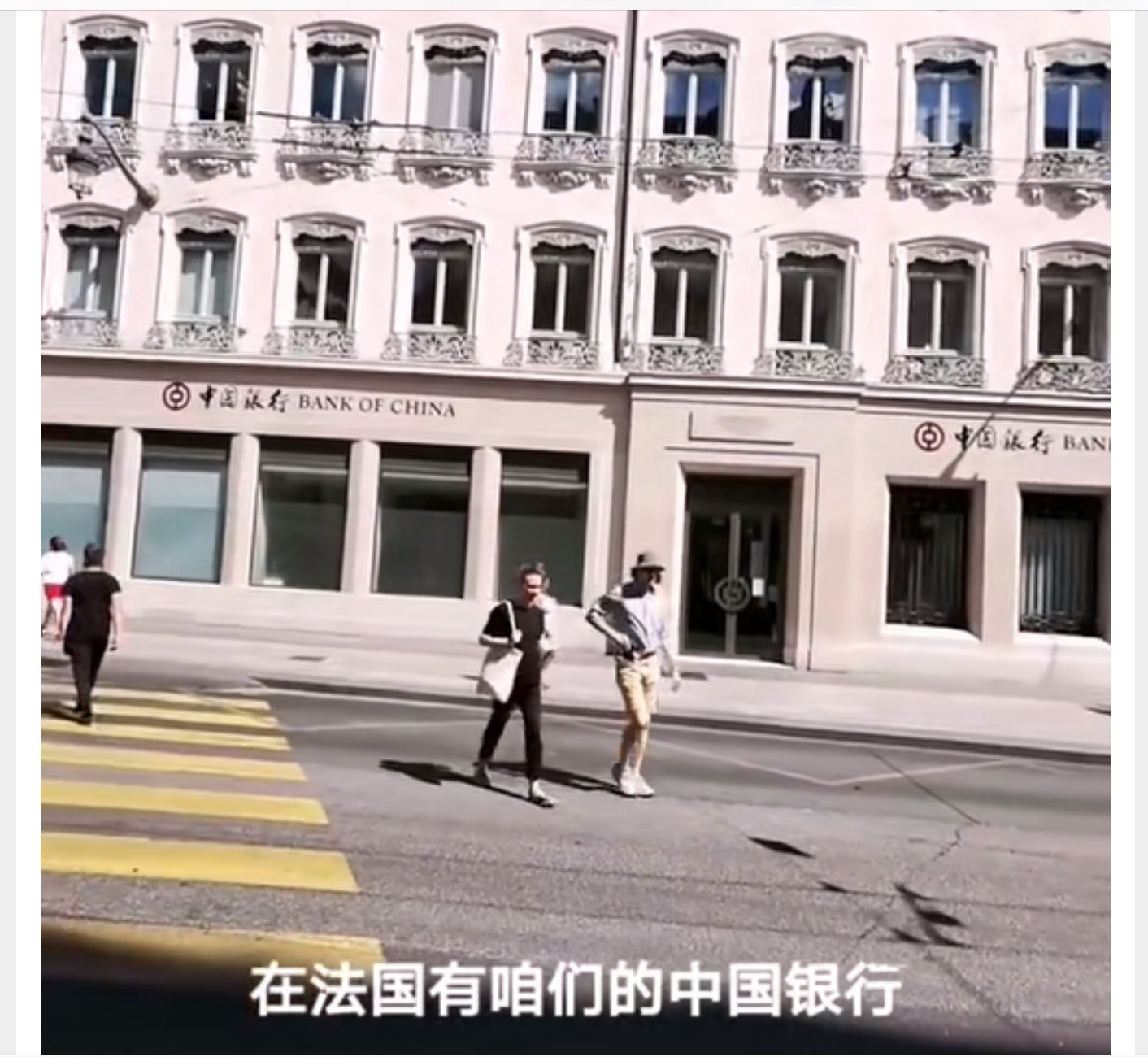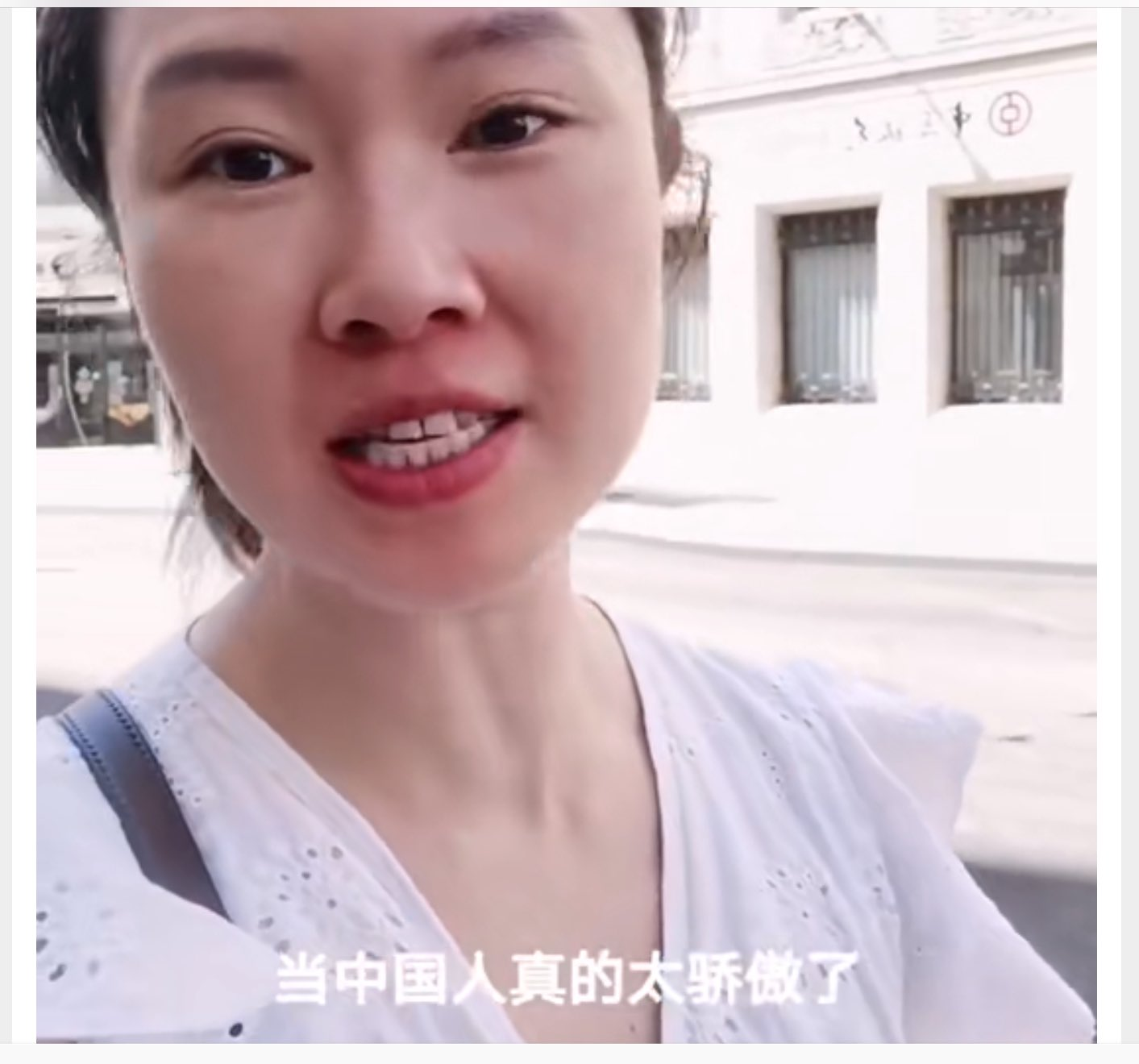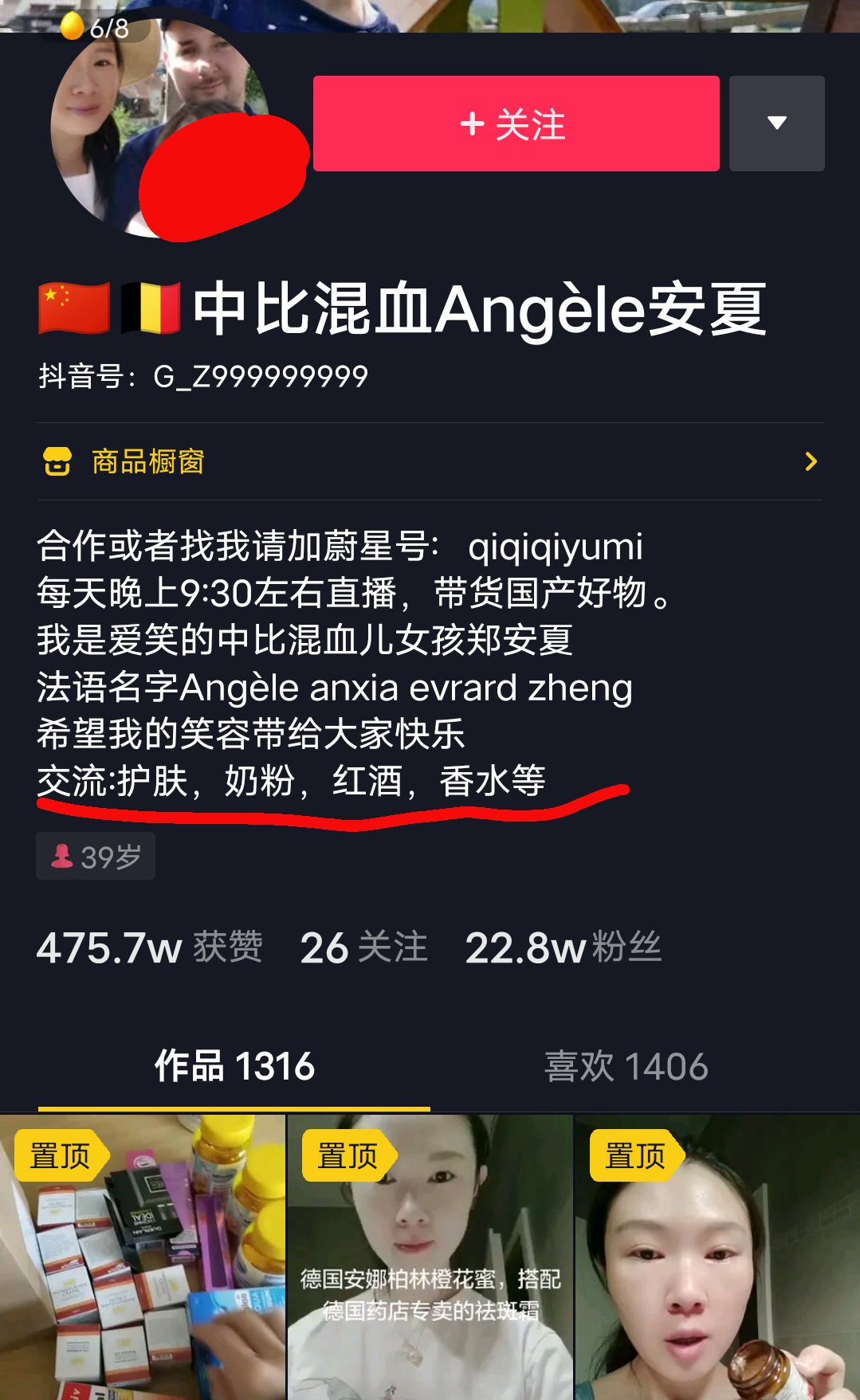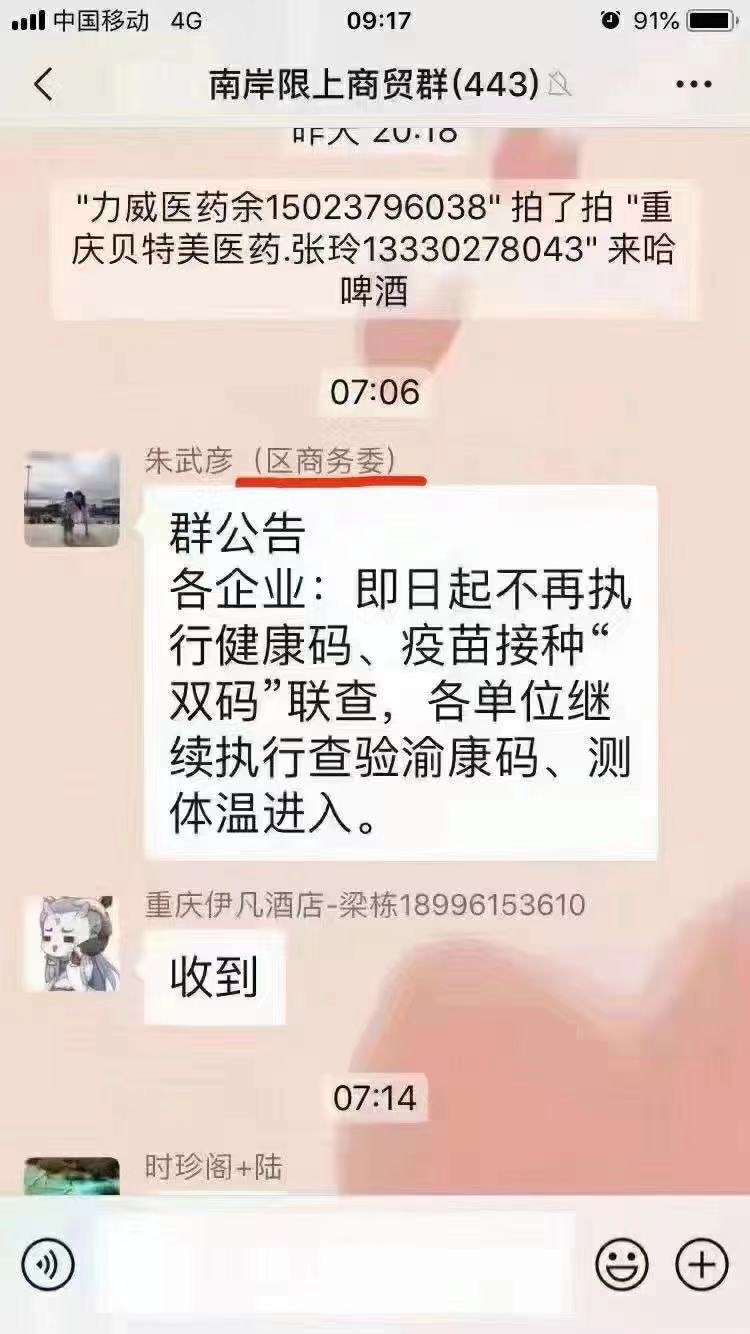Politics & Policy
Xi Is Forgetting the Very Thing That Made China Great Again
(Of course no, he's not forgetting. He and his party intentionally steal the credit and brainwash people, and take the credit to support his dictatorial regime's legitimacy.)
The economy only began to excel when the party's cadres released their grip from the nation's throat. Beijing should not take a backward step now.
August 31, 2021, 6:00 AM GMT+8
2021-08-30T22:00:17.602Z
Xi's Forgetting What Made China Great Again, as Tencent, Pinduoduo Kowtow
As any unfortunate investor in Chinese stocks already knows, the state is striking back. Perhaps the leaders of the Communist Party believe they are righting wrongs and solving problems. But their new intrusions also betray a bit of amnesia. They seem to have forgotten what really made China great again — not the state, but its absence. Until party boss Xi Jinping remembers that, he's putting the economy's future at risk.
The recent regulatory crackdown that's so roiled markets is typical of Xi's economic vision. The Chinese economy certainly needs smarter, more consistent regulation. But whether directed at data security or education, the incoming rules have taken on an anti-capitalist edge, replete with vague and threatening pronouncements and attacks that appear aimed at specific businesses that give off a whiff of impending, arbitrary punishment.
More from
Take, for instance, one of Xi's latest targets — income inequality. It's a worthy cause, especially since the gap between rich and poor in China has been rapidly widening. If Beijing intends to tackle it through heftier welfare and tax systems, the economy could benefit. But the campaign's early rhetoric should make big earners nervous. The Communist Party pledged to "adjust excessive income" — however that's defined. State media has tried to assuage fears the government would start "robbing the rich," but the well-heeled are already scrambling to kowtow. Online retailer Pinduoduo Inc. recently announced it would donate its first profit as a publicly listed company to rural development — money probably better spent investing in its own business. Similarly, tech giant Tencent Holdings Ltd. recently doubled its pledged funds for social programs to $15 billion.
More worrisome, however, is that this regulatory drive is part of a much wider trend toward even bigger government. We can see signs of that just about everywhere, from the heavy reliance on state-led industrial policies to propel new industries to Beijing's smothering of cryptocurrencies. Gaining more control over private enterprise is official policy. Last year, the Communist Party produced an "opinion" that its cadres should "guide" the private sector to create "a modern enterprise system with Chinese characteristics."
To some, this may look like business as usual. In China's state capitalist system, the bureaucrats never stopped meddling with markets. Yet the new measures are also indicative of Xi's thinking about China's economic rise, and the party's role in it. In a 2018 speech commemorating the launch of China's liberalizing reforms, Xi said the program "has shown that Party leadership is the most essential attribute of socialism with Chinese characteristics and is the greatest strength of this system."
He continues to hammer that message. In his speech on the 100th anniversary of the Communist Party's founding in July, Xi did acknowledge the contribution of "the Chinese people" to the nation's economic achievements, but never used the words "entrepreneurship" or even "business." Instead, he said that "without the Communist Party of China, there would be no new China and no national rejuvenation."
Like any politician, Xi here is claiming credit for good news, hoping it burnishes his stature. Yet it's also fundamentally wrong. Sure, the government's strong stewardship of the economy over the past 40 years is undeniable. But so is the fact that the economy only began to excel when the party's cadres released their grip from the nation's throat. China's economic miracle was not a triumph of state action, but its withdrawal, starting when Deng Xiaoping dismantled the communes and prohibitions on private enterprise in the 1980s. That freed the ample entrepreneurial energies of Chinese farmers, workers and businesspeople, who responded with an explosion of individual initiative that propelled growth and wealth.
The scary part of Xi's program is the return of a cadres-know-best mentality. Recall what China became when the Communist Party was really running the show — isolated, technologically archaic and abysmally poor. Of course, Xi isn't about to take China into another Great Leap Forward. But his notion that he and his comrades can outthink both investors and the market is sending the wrong signals to the Chinese public, at the very moment in the country's development when their entrepreneurial genius is most needed. Starting a company is already a risky endeavor — why take the chance if it might get you into hot water with Xi?
We may already be seeing the negative effects. One recent survey revealed that more than 42% of college graduates preferred jobs at state-owned enterprises — a six percentage point increase from a year earlier — while those favoring the private sector declined to a mere 19%. That means China's best talent is flowing to its most inefficient companies and away from its more productive and innovative ones.
That should be heartening news only to China's economic competitors. Xi's program holds out the prospect that the party's hands are again tightening around China's neck. Xi needs to realize his people, not his party, transformed China. Until he does, stock investors won't be the only ones gasping for air.
This column does not necessarily reflect the opinion of the editorial board or Bloomberg LP and its owners.
To contact the editor responsible for this story:
Ruth Pollard at rpollard2@bloomberg.net
Ruth Pollard at rpollard2@bloomberg.net
Before it's here, it's on the Bloomberg Terminal.
LEARN MORE











